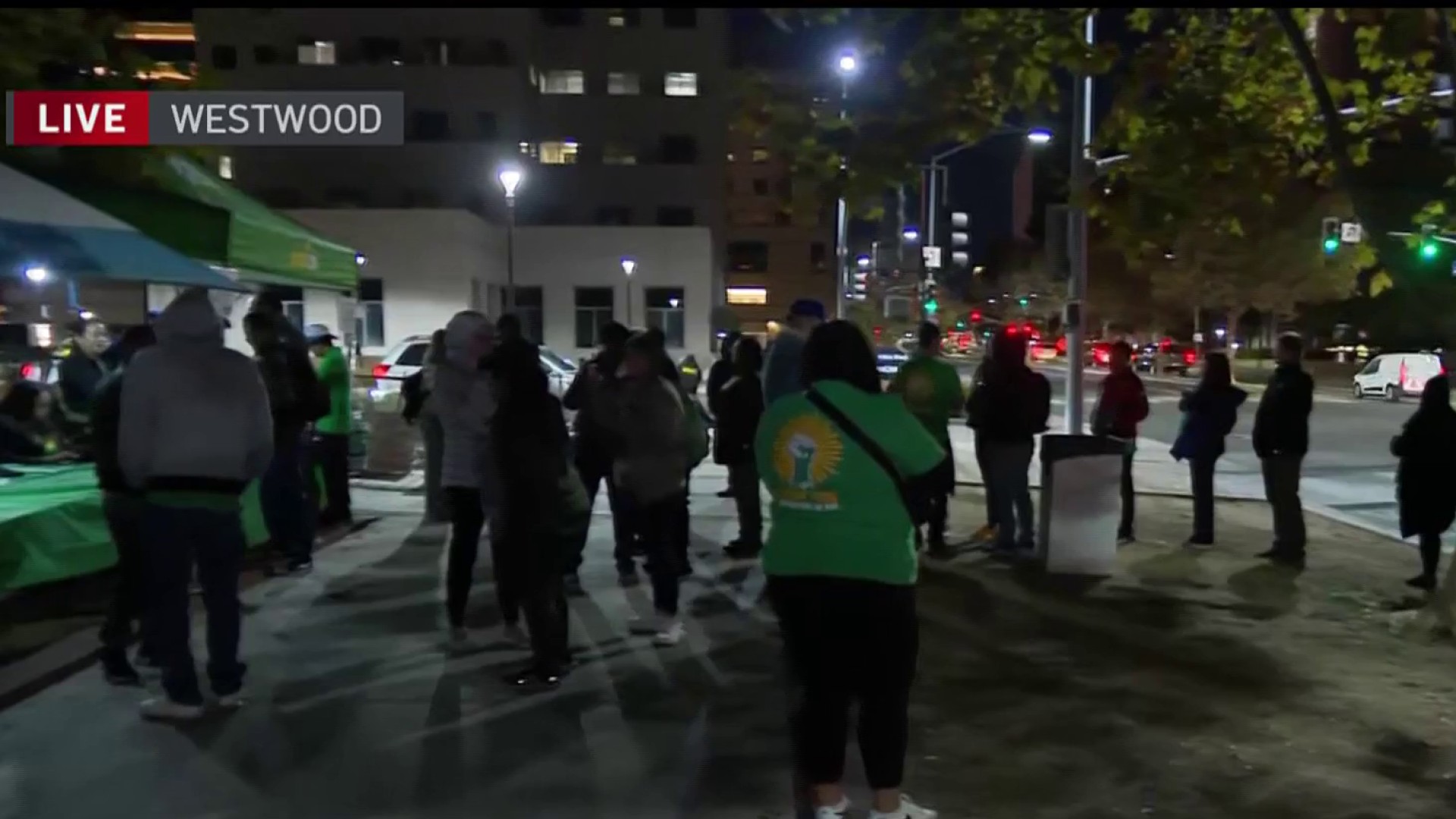
A former Williams-Sonoma Inc. employee is suing his ex-employer, alleging he was fired in 2019 for complaining about discrimination and harassment on the job and that the final straw for management came when he asked to take time off to care for his ill mother.
Lincoln Harmon's Los Angeles Superior Court lawsuit was filed Friday. His allegations include wrongful termination, retaliation and disability discrimination. He seeks unspecified damages.
A representative for the San Francisco-based kitchenware and household furnishings company did not immediately reply to a request for comment.
Harmon was hired in September 2013 and worked as a load planner streamlining aspects of freight transportation at the Williams-Sonoma plant in Walnut, the suit states. Williams-Sonoma has an attendance policy in place to manage employee absenteeism that allows management to discipline and, in some instances, fire employees who have excessive absences, the suit states.
Under the policy, employees are allowed four "emergency occurrences" days and eight days of sick pay each year, the suit states.
Harmon did not initially encounter any issues doing his job and performed to the best of his abilities, the suit states. However, in early 2019 he complained when a co-worker called him a "discriminatory, racist remark" that offended him as a black man, the suit states.
Another co-worker reported the remark to management on Harmon's behalf, the suit states.
Local
Get Los Angeles's latest local news on crime, entertainment, weather, schools, COVID, cost of living and more. Here's your go-to source for today's LA news.
"Despite being on notice, (Williams-Sonoma) failed to take any immediate, remedial measures to prevent further discrimination and harassment," the suit states.
The employee who allegedly made the offensive remark was promoted, according to the suit.
Harmon also complained to a manager that another employee also was allegedly subjected to discrimination and harassment, but the supervisor, remembering the plaintiff's previous complaint, became frustrated, the suit states.
In 2018, Harmon told the same manager that he had to care for his seriously ill mother and that he would occasionally need time off, the suit states. Management led Harmon to believe he had to use his "emergency occurrences" days to take time off to care for his mother, the suit states.
Thinking he had either "emergency occurrences" or sick days available, Harmon told management before the start of one of his shifts last June that he wanted to take time off to care for his mother, the suit states.
But to his surprise, Harmon was fired on June 5, allegedly for excessive absenteeism, the suit states.
Harmon did not believe he had used up all his available days off, but maintains that even if management were correct, he was entitled to have the time off under the state's Family Care and Medical Leave laws.
The manager, "clueless" of the obligations to explain that Harmon was entitled to take time off under the family leave laws, responded with a dismissive remark that made it clear to Harmon that the supervisor was frustrated by the plaintiff's discrimination and harassment complaints and thus had a negative view of his request for time off, the suit states.



